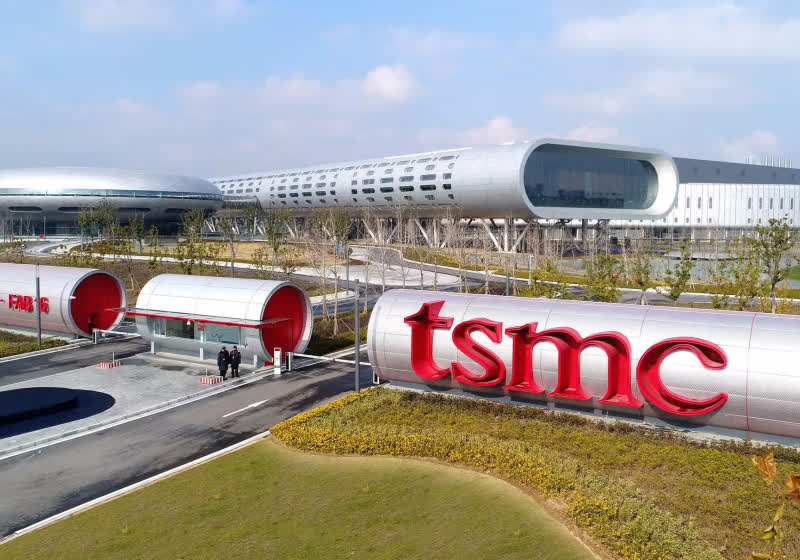TSMC is hiking prices on its most advanced manufacturing nodes, possibly by as much as 10%
NeutralArtificial Intelligence

TSMC is hiking prices on its most advanced manufacturing nodes, possibly by as much as 10%
TSMC is set to increase prices on its advanced chip manufacturing nodes, potentially by up to 10%, starting in January 2026. This move comes as industry analysts anticipate rising costs in semiconductor production. The price hike could impact various sectors that rely on TSMC's technology, making it a significant development in the chip manufacturing landscape.
— via World Pulse Now AI Editorial System




